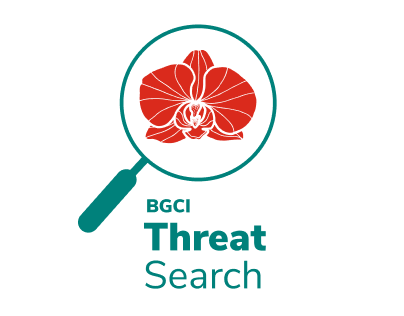Safeguarding Children, Young Persons, and Vulnerable Adults Policy
- Anti-Fraud, Bribery and Corruption Policy
- Anti Harassment and Bullying Policy
- Anti Money Laundering Policy
- Code of Conduct
- Complaints Policy
- Dignity at Work
- Equality, Diversity, and Inclusion Policy
- Privacy Policy
- Safeguarding Children, Young Persons, and Vulnerable Adults Policy
- Whistleblowing
The purpose of this policy is to protect children and vulnerable adults, from any harm that may be caused by coming into contact with the activities of Botanic Gardens Conservation International (BGCI). This includes harm arising from the conduct of staff or personnel associated with BGCI, and the design and implementation of BGCI activities. This policy sets out the commitments made by BGCI and informs personnel of their safeguarding responsibilities.
Share
Become a Member
Be part of the largest network of botanic gardens and plant conservation experts in the world by joining BGCI today!
Support BGCI
You can support our plant conservation efforts by sponsoring membership for small botanic gardens, contributing to the Global Botanic Garden Fund, and more!





